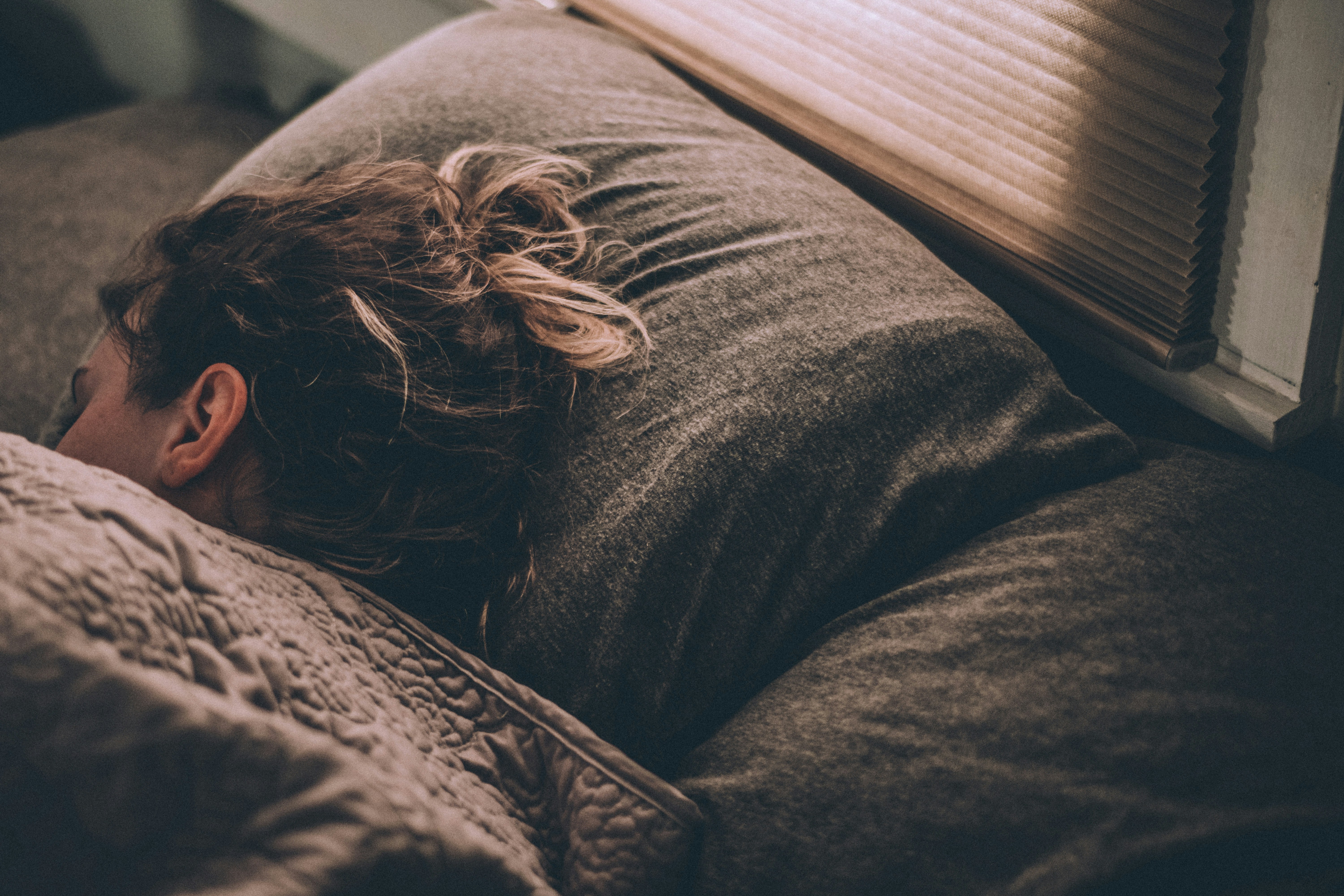
Your circadian rhythms cause you to feel a big wave of sleepiness during your biological night. That wave of sleepiness gets added to the fatigue you’ve accumulated throughout the day to cause you to fall asleep (or at least feel like you really want to).
Light is one of the most important inputs to your circadian rhythms, which in turn shape the windows of time when you’re best able to sleep. Paying attention to your light exposure can help you fall asleep faster.
You can help yourself sleep better by making your sleeping environment cool and dark — and by getting lots of light during the hours we recommend. It also helps to avoid caffeine late in the day so you don’t end up being unable to fall asleep despite feeling tired thanks to caffeine’s lingering effects.